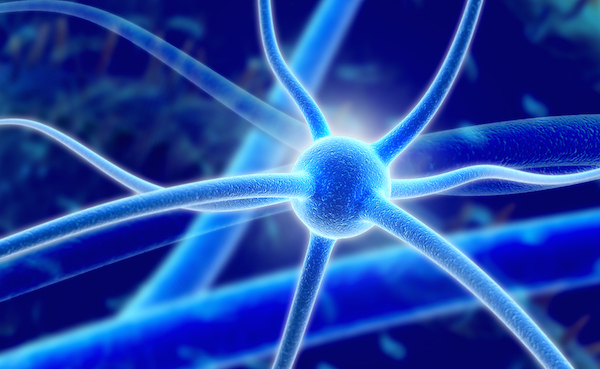
WEDNESDAY, Feb. 17 (HealthDay News) — People who are enthusiastic and content are less likely to develop heart disease than less happy people, researchers from Columbia University report.
In this prospective study of the relationship between happiness and heart disease, researchers concluded that if everyone did more of the things that made them happy, they could significantly reduce their risk of heart attack and angina.
“We were excited to discover in a large population-based sample of adults that the tendency to express positive emotion predicted fewer heart attacks across a period of 10 years,” said lead researcher Karina Davidson, director of Columbia’s Center for Behavioral Cardiovascular Health.
“The study suggests that those people who are happier have heart-protective outcomes,” she added.
Davidson speculated that several factors may combine to producing this effect. Happier people tend to sleep better and to practice more heart-healthy behaviors, she said.
“But they may also be physiologically different than those of us who are more unhappy,” Davidson said.
In addition, these people tend to have less stress in their lives and handle the stress they do have better than less happy people, she added.
The report is published in the Feb. 18 issue of the European Heart Journal.
For the study, Davidson’s team followed 1,739 men and women for 10 years. These people all participated in the 1995 Nova Scotia Health Survey. At the start of the study, everyone had their risk for heart disease assessed.
In addition, researchers looked for symptoms of depression, hostility, anxiety and the expression of positive emotions — known as “positive affect.” This is defined as the experience of pleasurable emotions, such as joy, happiness, excitement, enthusiasm and contentment, according to Davidson.
The researchers found that over the study period the happier someone was, the less likely he or she was to develop heart disease. In fact, for every point on a five-point scale that measured positive affect, the risk of heart disease dropped 22 percent.
However, unhappy people had a 22 percent increased risk of having a heart attack or chronic chest pain, compared with those who were somewhat happy. These somewhat happy people also had a 22 percent increased risk for heart problems compared with people who were moderately happy, the researchers noted.
People who were generally happy, but had a few symptoms of depression, did not see these symptoms increase their lowered risk for heart disease, Davidson added.
Davidson noted that she is involved in a clinical trial to test whether changing people’s happiness level improves their heart health.
“In the meantime, it is good for one’s quality of life and mental health to engage in happy behaviors or things that give you pleasure on a daily basis — and many of us here in North America don’t do that,” she said.
Dr. Gregg C. Fonarow, professor of cardiology at the University of California, Los Angeles and co-director of the UCLA Preventative Cardiology Program, said that “negative emotions such as depression, anxiety and anger have been shown to be associated with increased risk of cardiovascular events and mortality.”
Some, but not all previous studies, have suggested that positive affect is associated with lower risk of disease and improved clinical outcomes, he added.
“This new, large population-based study suggests that positive affect is associated with a reduced risk of coronary heart disease over 10 years independent of other cardiovascular risk factors and independent of depression and other negative affects,” Fonarow said.
“These findings are intriguing. The clinical significance will depend on whether it can be subsequently shown that interventions designed to increase positive affect can lower the risk of cardiovascular disease,” he added.
However, while maintaining a positive affect may be one factor associated with a lower risk of cardiovascular disease, regular exercise, not smoking, a healthy diet and maintaining optimal blood pressure, cholesterol levels and body weight are well-established and essential, Fonarow noted.
More information
For more information on heart disease, visit the American Heart Association.

